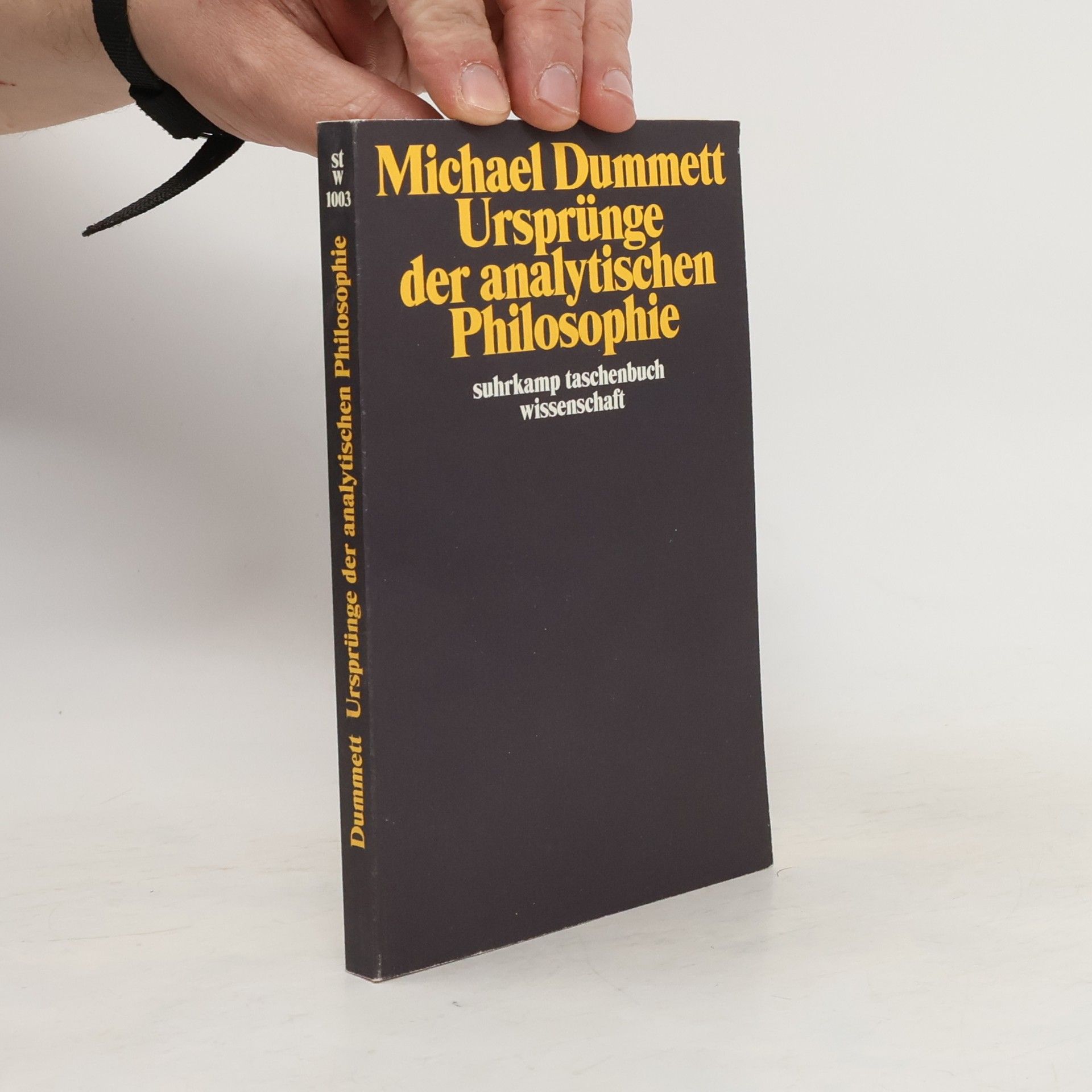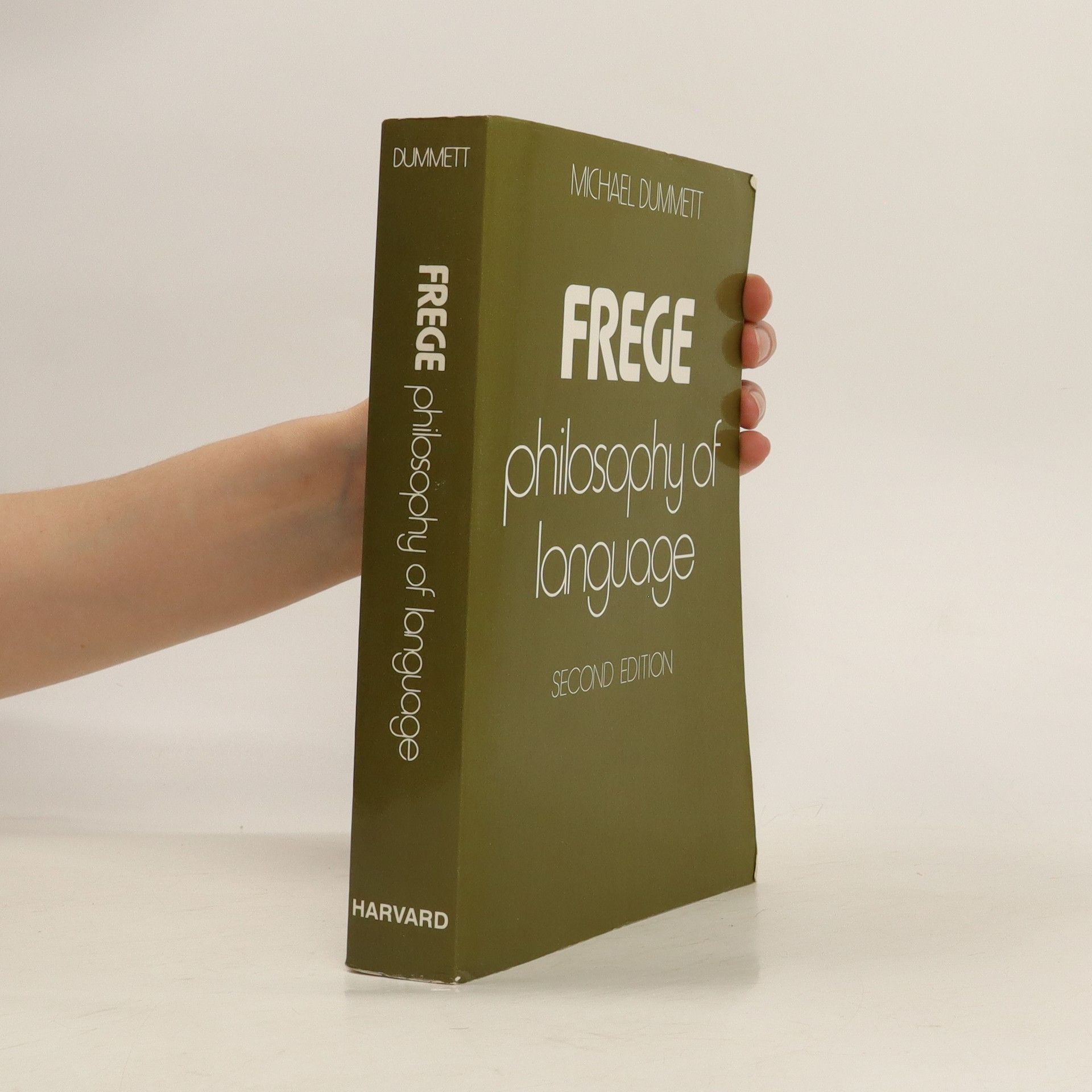Frege : Philosophy of Language
- 752 páginas
- 27 horas de lectura
No one has figured more prominently in the study of German philosopher Gottlob Frege than Michael Dummett. This highly acclaimed book is a major contribution to the philosophy of language as well as a systematic interpretation of Frege, indisputably the father of analytic philosophy. Frege: Philosophy of Language remains indispensable for an understanding of contemporary philosophy. Harvard University Press is pleased to reissue this classic book in paperback.


